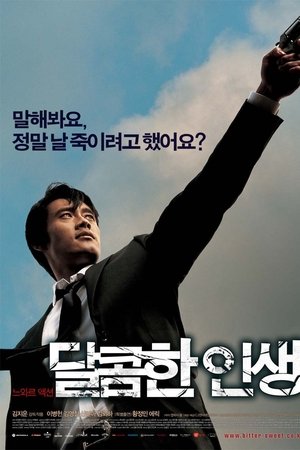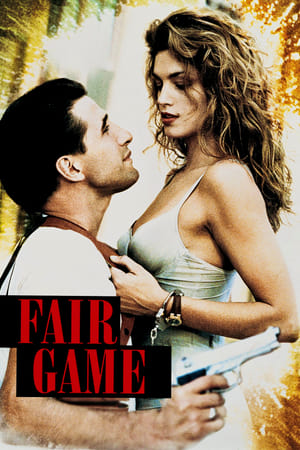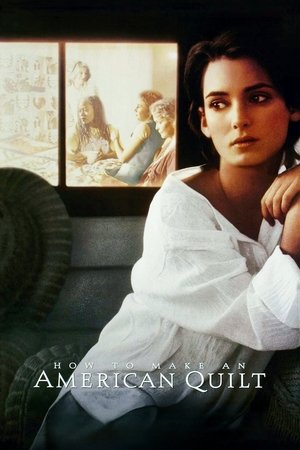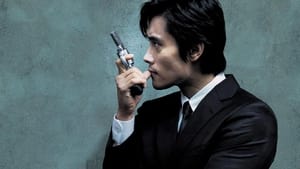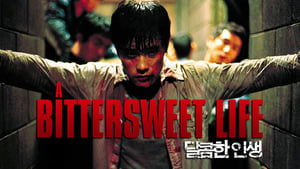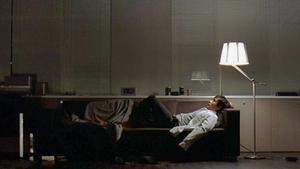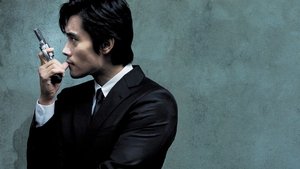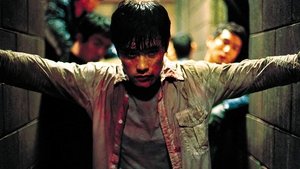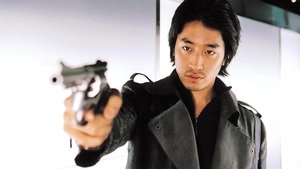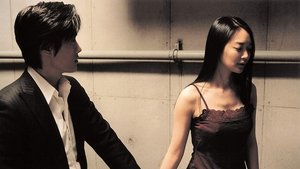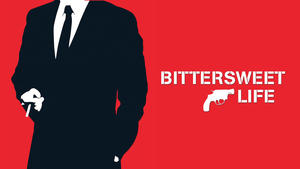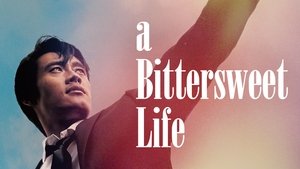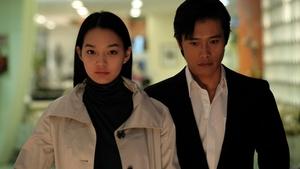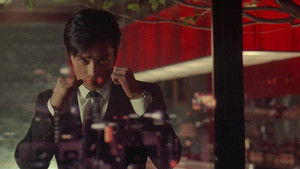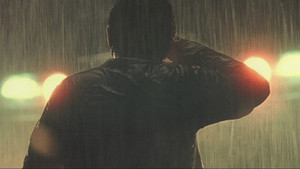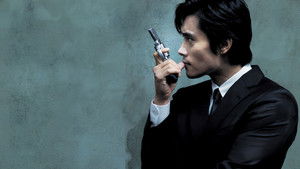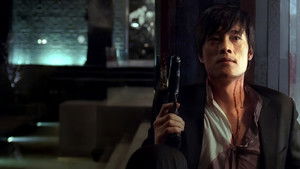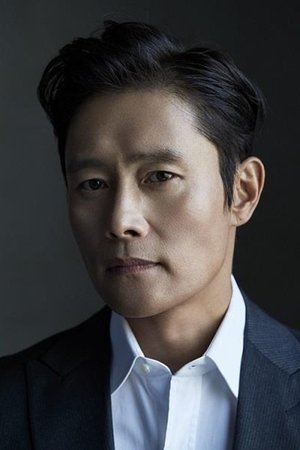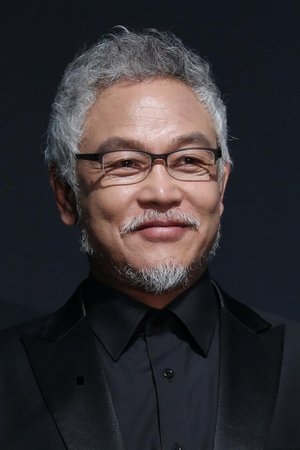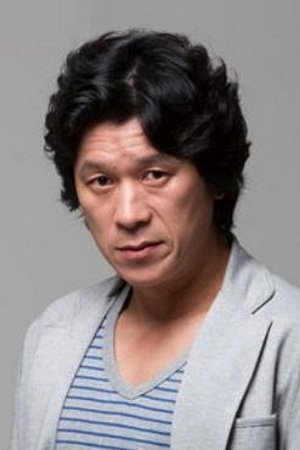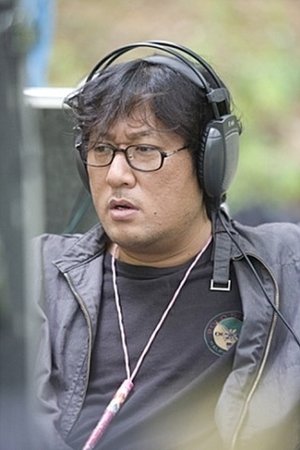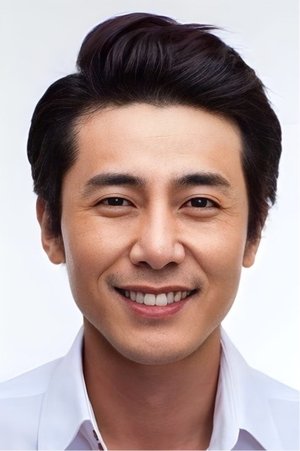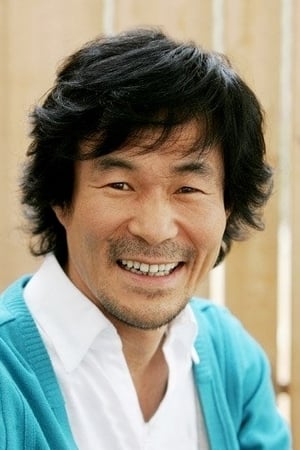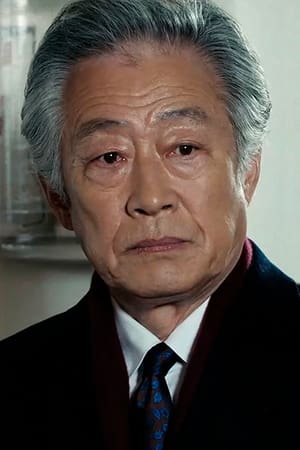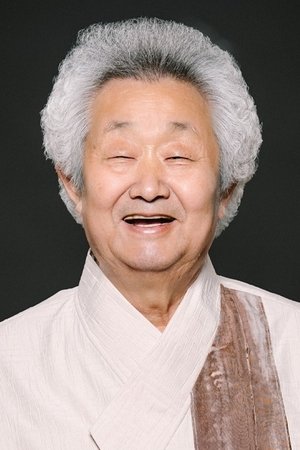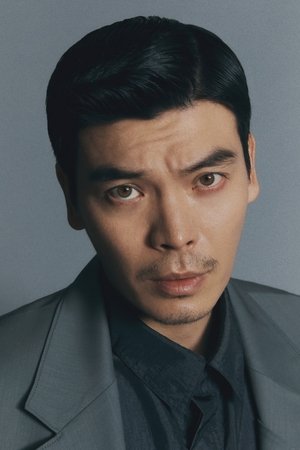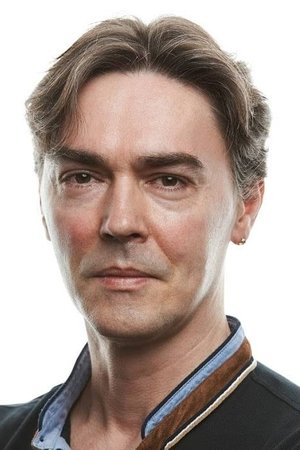-
badelf
A Bittersweet Life: When Mind and Heart Move Kim Jee-woon's "A Bittersweet Life" is less a crime drama and more a philosophical treatise dressed in the razor-sharp suit of a gangster film. From its opening invocation—"It is not the wind and trees that move, it is your mind and heart that move"—the film announces itself as something far more profound than a simple revenge narrative. The cinematography is a masterclass in controlled chaos. Kim Jee-woon doesn't just frame scenes; he choreographs them with the precision of a ballet and the brutality of a street fight. Each frame feels like a carefully composed painting, reminiscent of Park Chan-wook's "Oldboy", but with a distinctly personal touch that prevents it from feeling derivative. Lee Byung-hun's performance is a masterpiece of minimalism. As Sun-woo, he embodies the film's philosophical core through an almost impossibly restrained physicality. His movements are calculated, his expressions barely perceptible - yet each micro-gesture speaks volumes. It's as if he's performing a kind of cinematic zen meditation, his body a canvas revealing the internal disintegration of a man whose discipline is slowly unraveling. At its core, the film is a profound exploration of consciousness and perception. The opening zen koan isn't just a poetic device, but the film's philosophical spine: reality is not an external condition, but a reflection of our internal state. When Kang warns Sun-woo that "one mistake can change everything," he's articulating a deeper truth about mindfulness and the razor's edge of perception. Both master and disciple ultimately demonstrate this principle by making fundamental errors that transform their entire reality, proving that our consciousness shapes our world more definitively than any external action.
please Login to add review
